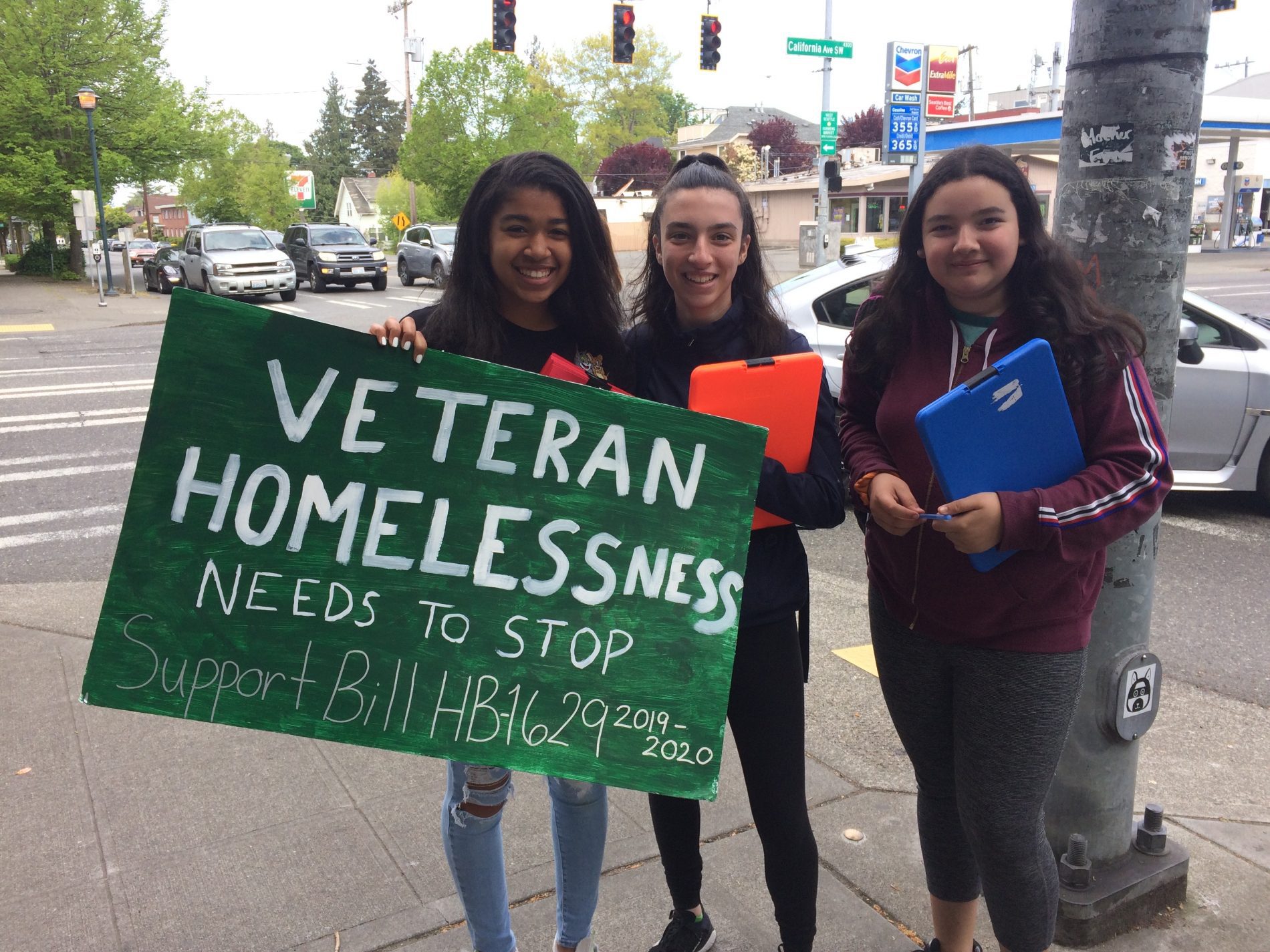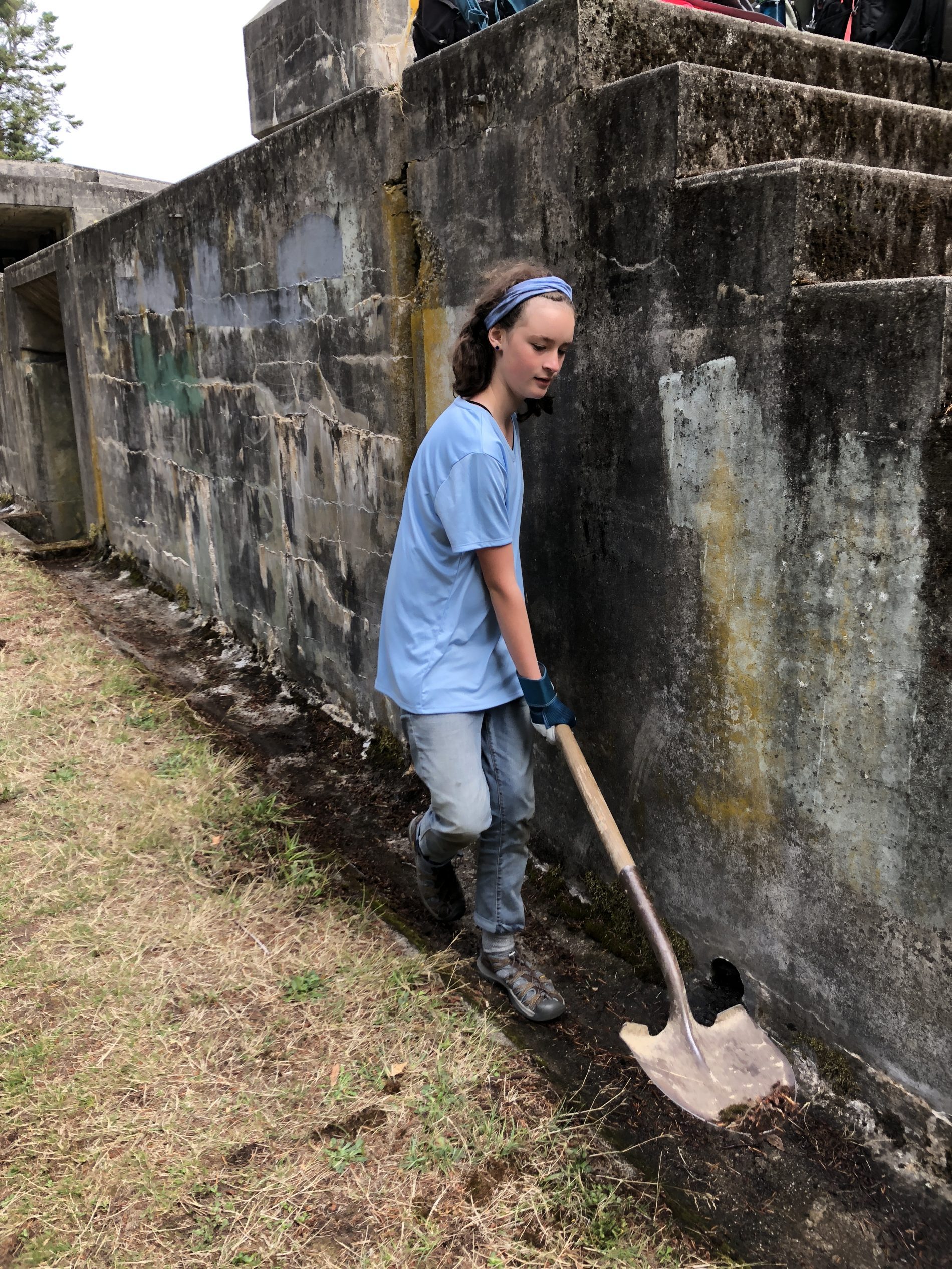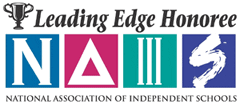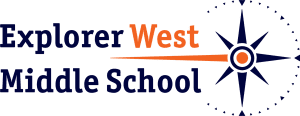Sustainability
Sustainability is central to Explorer West's mission and influences all aspects of the school, such as:
- Curriculum
- Community Outreach
- Facilities Management
- Student Leadership
- Fundraising Events
- Community Partnerships and more
Explorer West has been honored both regionally and nationally as a leader in the field of sustainability initiatives and curriculum.

Sustainability is "meeting our needs without limiting the ability of future generations to meet their needs." Sustainability is broken into three interconnected areas: economy, environment, and society. On a three-year rotation, these three key components serve as the thematic backbone for various curricula. Throughout the year, across subject areas, students complete research and projects around the annual theme.
Examples of Sustainability Program
- School-Wide Sustainability Workshops. To build literacy around crucial sustainability concepts, faculty and students participate in workshops addressing core concepts in the theme for the year.
- Tomorrow's Leader's Tonight. The 8th graders teach sustainability concepts for the annual theme to parents during the annual event.
- Outdoor Education. Our unique outdoor education program provides all students with increasing experience in outdoor skills. Students engage in outdoor activities, from snowshoeing and cross-country skiing to world-class backpacking in areas such as Mt. Rainier and Olympic national parks.
- Environmental Issues Slam. Student teams competed against each other in front of their peers with finalists moving onto Washington Foundation for the Environment's "Annual Great Environmental Issues Slam" that has speakers from a range of non-profit organizations competing for the audience award for best presentation.

- Sustainability in Science. From writing grants for a garden to monitoring weather patterns and climate change to building Willow snowshoes, science class in a hands-on workshop in sustainability.
- 8th Grade Global Studies. All 8th graders have a yearlong class to explore sustainability as it relates to the environment, population, economy, culture, food, energy, water, media, governance, and global citizenship.
- Change the World Project: Each year, 8th-grade students in small groups choose a local sustainability problem. The group researches, plans and implements an action, evaluates their impact, and shares their whole project with the community. Students present their project in front of their fellow students, families, and a panel of experts.
- Green Campus Initiative Students promote and monitor recycling and compost.
- Annual Field Trip A spring field trip takes the entire school out to two different sites or organizations related to the yearly theme, from the Yukon Gold Rush Museum and African American Museum to the Ballard Locks and Olympic Sculpture Park to the King Tut exhibit and Bill & Melinda Gates Foundation Visitor Center.
Sustainability Community Partners
To involve all students in annual service projects, mixed grade advisory groups partner with a range of community organizations: Community Orchard of West Seattle, White Center Food Bank, Washington Trails Association, Green Schools Alliance, Seattle Parks and Recreation, Green Cities Program, Seattle Public Utilities, Roxhill Elementary School, and South Seattle Community College.
Recognition for Sustainability Program
- Washington Foundation for the Environment's "3rd Annual Great Environmental Issues Slam" - Winning Student Teams, 2013-19
- NAIS Leading Edge Award for Environmental Sustainability. NAIS defines environmental sustainability as "becoming more green and less wasteful; incorporating environmental education into the curriculum; supporting the social and economic well being in the local community; and endorsing sustainable physical development."
- King County Earth Heroes Award
- Terry Husseman Environmental Curriculum Award and garden grant
- Various faculty members lead panels and workshops on ways to integrate sustainability in the curriculum and school culture.

